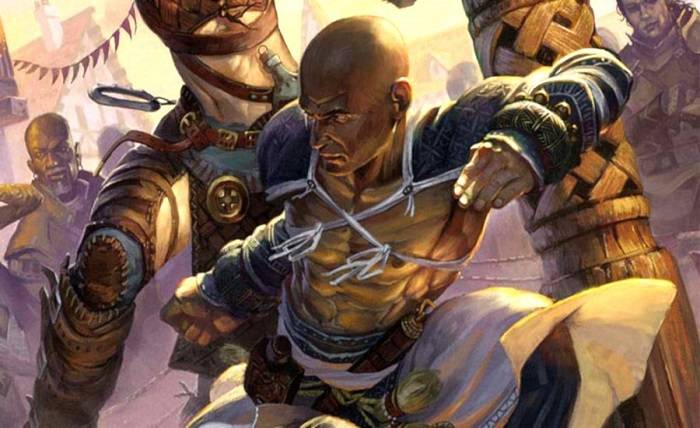
In DnD 5e, monks are among the wisest classes, and they are experts at learning and applying knowledge. While their primary power comes from spiritual enlightenment, monks are not solely about gaining enlightenment. Their language choices are an integral part of their character’s identity.
The best languages for your monk character
Here are some ideas for choosing the best languages for your monk character:
Draconic: Draconic languages are rare, but they are often spoken by demons, dwarves, and creatures in the Underdark. Common and Abyssal are two common ones, and you can learn more than one of them if you train your character for one of these two skills. You can also learn other languages by completing training sessions in these schools. Some monks may choose to speak a Draconic language, while others may choose to learn Celestial.
Customizing your character’s backstory
DnD 5e monk languages are an excellent way to customize your character’s backstory. As a monk, you can use your ki to speak with other races. You can also choose a foreign language, and your skills will be more specialized in that area. By focusing on one language, you can focus on a specific skill, such as spellcasting or magic-related. You can also learn how to harness a character’s ki, and learn to communicate with it in a way that suits him.
Some Draconic languages are rare and cannot be learned in a short period, but they are still useful for D&D 5e monks. The best ones, though, are those that are based on the nature of the environment the monk is living in. These are the languages that most commonly affect the way they interact with the outside world. You can learn a draconic language using the cell ace and ability focuses, which will be helpful for a lot of D&D adventures.
DnD monk languages
The other DnD monk Business Cave languages include the Infernal, the Undercommon, and the Draconic language. These are all useful for campaigns in the Underdark, but they are only useful in particular circumstances. The Draconic language is not an option for DnD monks, but it does provide a few useful spells for a DnD 5e rogue.
Draconic languages are rare and useful for D&D monks. The Infernal language is useless, while the Undercommon language is necessary for campaigns in the Underdark. The Draconic language is not very important, but it is useful for campaigns in the Underdark. It is essential for any D&D campaign. You should know the rules and the lingo of the monsters you encounter.
More about DnD monk languages
There are three different D&D monk languages. The Illithid language is the most commonly used in the D&D 5e world and is the most common language spoken by Illithids. The D&D monks speak the Undercommon dialect and the Deep Speech dialect. The illithids also speak Qualith, which is a unique racial language. It was previously a psionic language, and could only be read through telepathically or magically. However, in 5e, it has been replaced by tentacle braille.
A monk’s language should be an important skill for any character. It should be easy to learn and understand. The Common language is the most widely used language among human and multi-racial groups. It should be relatively simple to learn. A D&D 5e monk can choose any of these three languages. It is important to consider the language of the character when choosing a monk and make sure it suits the character.
Racial languages of monks
There are many languages available for the monk. The two most common are the Draconic and the Illithid. Both languages are racial languages. If you want to play a monk in 5e, you can pick a Monk’s native language. There are no language requirements for a D&D character. A D&D character can learn the four most common languages.
Monks learn to speak six languages at level 14. This language can be a foreign language and must be learned before a Monk can be effective. The language of the moon and sun can be learned by using a spell. If you have a common language, you should use it. A monk can also learn common languages. These are the languages of halflings, dwarves, and elves.




